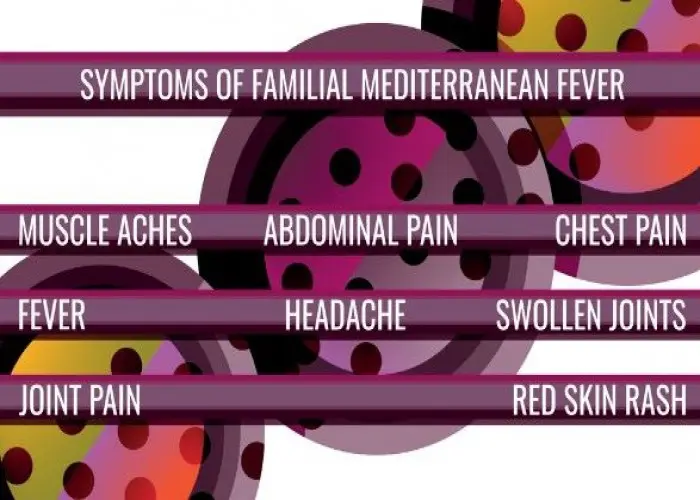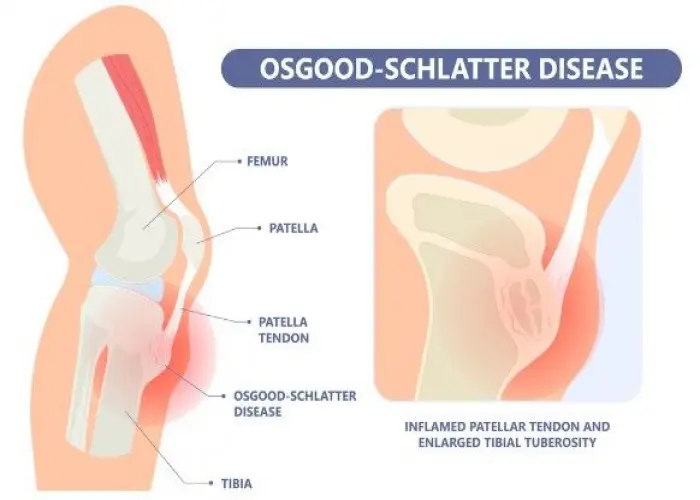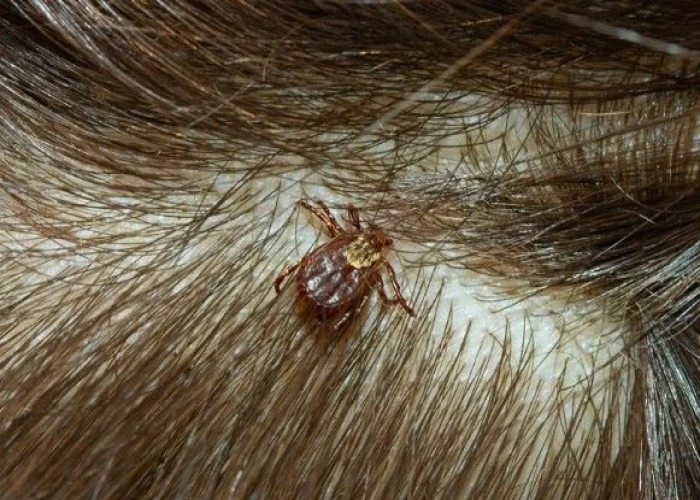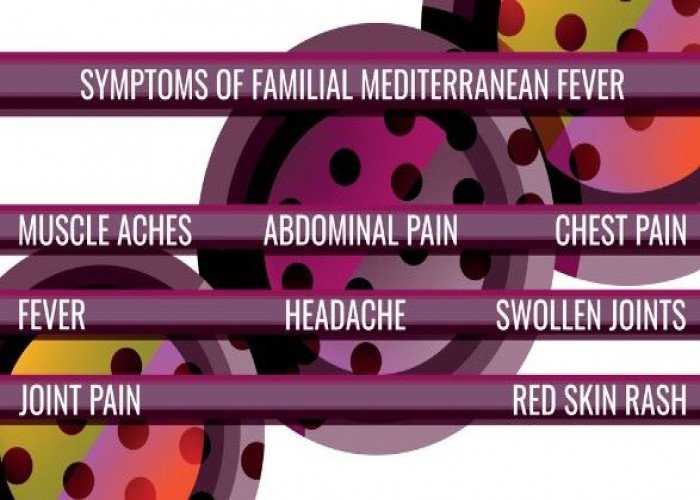 Welcome
Welcome
“May all be happy, may all be healed, may all be at peace and may no one ever suffer."
Familial Mediterranean fever

Familial Mediterranean fever (FMF) is a rare genetic disorder that is characterized by recurrent episodes of fever and inflammation that affect the abdomen, chest, or joints. The condition is most commonly found in people of Mediterranean descent, including those of Jewish, Arabic, and Armenian ancestry.
FMF is an autosomal recessive disorder, which means that a person must inherit two copies of the mutated gene (one from each parent) to develop the condition. The gene mutations responsible for FMF affect the production of a protein called pyrin, which is involved in regulating inflammation in the body.
Symptoms of FMF typically begin in childhood and can include fever, abdominal pain, chest pain, joint pain, and a rash. The frequency and severity of episodes can vary, but in some cases, the episodes can be severe and debilitating.
Treatment for FMF typically involves medications to control inflammation, such as colchicine, which can help reduce the frequency and severity of episodes. In some cases, other medications such as corticosteroids or immunosuppressants may be prescribed to help manage symptoms.
Early diagnosis and treatment are important to prevent complications associated with FMF, such as amyloidosis, which occurs when a protein called amyloid builds up in organs such as the kidneys, liver, or heart. Genetic testing can help identify people with FMF and their family members who may be at risk and can inform decisions about screening and treatment.
Research Papers
Disease Signs and Symptoms
- Fever
- Abdomen pain
- Chest pain
- Swollen joint
- A red rash on legs, especially below knees
- Muscle pain
- Swollen testicle
Disease Causes
Familial Mediterranean fever
Familial Mediterranean fever is caused by a gene change (mutation) that's passed from parents to children. The gene change affects the function of an immune system protein called pyrin, causing problems in regulating inflammation in the body.
In people with FMF, change occurs in a gene called MEFV. Many different changes in MEFV are linked to FMF. Some changes may cause very severe cases, while others may result in milder signs and symptoms.
It's unclear what exactly triggers attacks, but they may occur with emotional stress, menstruation, exposure to cold, and physical stress such as illness or injury.
Disease Prevents
Disease Treatments
There's no cure for familial Mediterranean fever. However, treatment can help relieve symptoms, prevent attacks and prevent complications caused by inflammation.
Medications used to relieve symptoms and prevent attacks of FMF include:
- Colchicine. Colchicine (Colcrys), taken in pill form, reduces inflammation in your body and helps prevent attacks and the development of amyloidosis. Work with your doctor to determine the best dosing strategy for you. Some people take one dose a day, while others need smaller, more-frequent doses. Common side effects include abdominal pain, nausea and diarrhea. Treatment is generally lifelong.
- Other drugs to prevent inflammation. For people whose signs and symptoms aren't controlled with colchicine, medications that block a protein called interleukin-1, which is involved in inflammation, may be prescribed. Canakinumab (Ilaris) is approved by the U.S. Food and Drug Administration (FDA) for FMF. Although not FDA-approved specifically for FMF, other options include rilonacept (Arcalyst) and anakinra (Kineret).
Colchicine is effective in preventing attacks for most people. To lessen the severity of symptoms during an attack, your health care provider may recommend intravenous fluids and medications to reduce fever and inflammation and control pain.
Regular appointments with your health care provider are important to monitor your medications and your health.
Disease Diagnoses
Disease Allopathic Generics
Disease Ayurvedic Generics
Disease Homeopathic Generics
Disease yoga
Familial Mediterranean fever and Learn More about Diseases

Growth plate fractures

Peritonitis

Rotavirus

Hemophilia

Preterm labor

Separation anxiety disorder

Rocky Mountain spotted fever

Umbilical hernia
familial Mediterranean fever, ফ্যামিলিয়াল ভূমধ্যসাগরীয় জ্বর
To be happy, beautiful, healthy, wealthy, hale and long-lived stay with DM3S.
